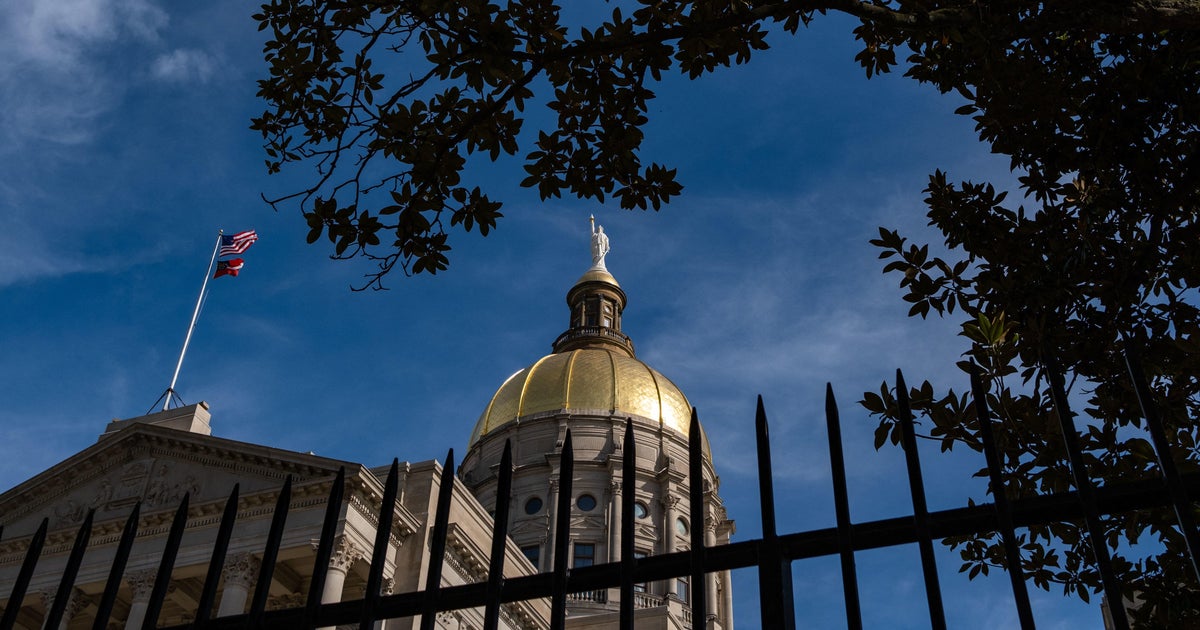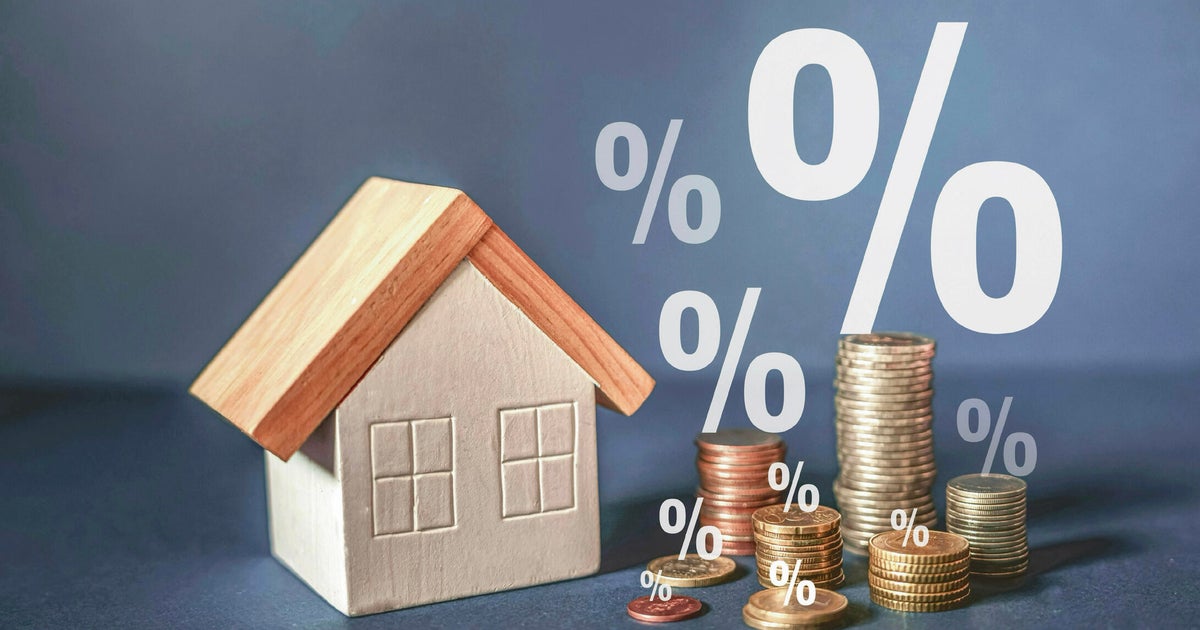Here's how your tax bill could change under Biden's budget
When President Biden earlier this month released his budget for the next fiscal year, his priorities included raising trillions of dollars in taxes to help reduce the federal deficit by almost $3 trillion over the next decade.
Now, the Tax Policy Center has analyzed the budget and estimated the impact on U.S. taxpayers based on their income. Some lower-income Americans could end up benefiting, while the wealthiest households could see a significant increase their tax burden, the think tank said.
To be sure, Mr. Biden's budget isn't set in stone — instead, it reflects a starting point for negotiations with lawmakers, who ultimately craft and pass spending bills and new tax laws. But the White House's push to raise taxes on the wealthy reflects a push to place a higher burden on the richest Americans in order to increase funding for education, housing and health care, among other priorities.
"As Biden has made clear since his 2020 campaign, he wants to raise taxes substantially on high-income households and corporations and provide modest tax cuts to low- and moderate-income households," wrote Tax Policy Center senior fellow Howard Gleckman in a blog post. "And, like it or not, that's what his budget does."
Many middle-class families would effectively see no changes in their after-tax income under Biden's proposed budget, according to the analysis.
The biggest lever hiking taxes on high-income households is tied to the Biden administration's proposal to boost the highest rate on capital gains taxes from 20% to 39.6%, the Tax Policy Center noted.
The proposed budget also includes a 20% minimum tax on people with more than $100 million in wealth, but the Tax Policy Center notes that would affect only about 20,000 U.S. households. Still, the impact "would be substantial," it noted.
Lower-income households would see a benefit from a proposed expansion of the Child Tax Credit and the Earned Income Tax Credit, the group noted.







